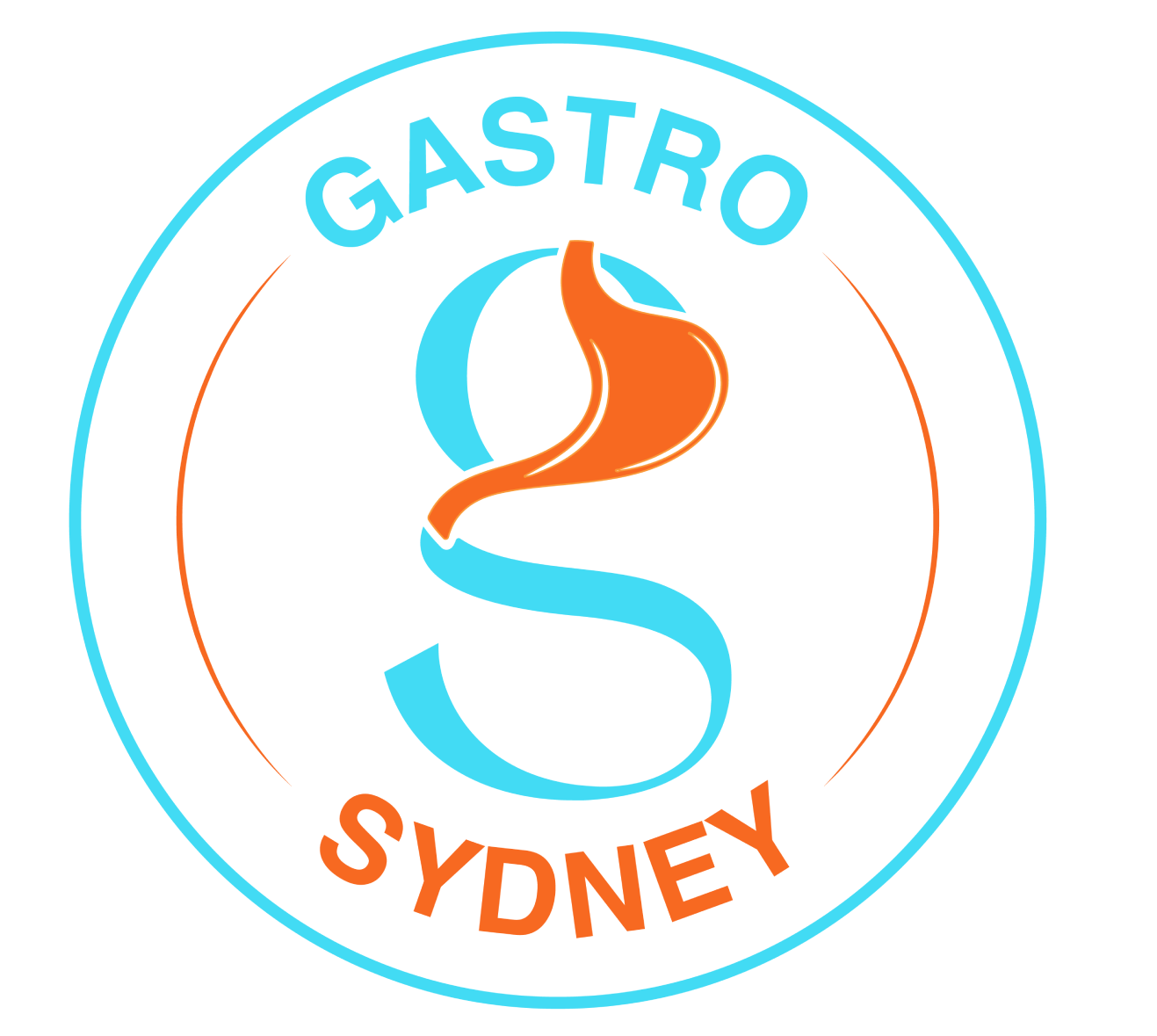
What is gastroscopy?
- A gastroscopy is a procedure with an approximate duration of 30 minutes, during which Dr Zarghom introduces a long, thin, flexible tube through the mouth into the oesophagus, stomach, and the initial section of the small bowel.
- This tube is equipped with a high-resolution small camera designed to capture images of your gastrointestinal (GI) tract.
- Gastroscopy is classified as a “day surgery” and is performed in either day clinics or hospitals.
- Dr Zarghom performs gastroscopy procedures at Norwest Private Hospital in Bella Vista and Healthwoods Endoscopy Centre in Granville.
- Throughout the procedure, deep sedation will be administered, ensuring that you will remain unaware of any discomfort.
- If applicable, dentures will be removed prior to the procedure.
- A mouthguard will be placed between your teeth to facilitate the process.
What does a gastroscopy test for?
- Gastroscopy is performed to evaluate symptoms, including indigestion, upper gastrointestinal (GI) bleeding, upper abdominal pain, vomiting, nausea, or swallowing difficulties.
- It detects upper gastrointestinal (GI) conditions, encompassing tumours in the upper GI tract, along with ulcers, Helicobacter Pylori infection, or inflammation.
- Biopsies may also be obtained during the procedure to aid in detecting the presence of infection, assessing small bowel function, and examining for any aberrant tissues, such as cancer, coeliac disease, infections, small intestinal bacterial overgrowth, or lactose intolerance.
- Polyps may also be excised for further examination during the procedure.
How do I prepare for a gastroscopy?
- It is essential that you avoid consuming any food or beverage, including water, for six hours preceding your gastroscopy.
- You also will need to discuss any allergies or medications. Dr Zarghom will tell you if you need to stop or adjust the dose of medications such as diabetes medications, weight loss medications or blood thinners.
- An empty stomach is essential for a safe and accurate examination, and if you are having a colonoscopy at the same time, you will need to embark on a special diet several days before. The instructions for bowel preparation will be conveyed to you via email after the confirmation of the procedure date.
- Not having an empty stomach/bowels during either gastroscopy or colonoscopy may mean you need to have the procedure again.
What are the side effects of a gastroscopy?
The side effects of gastroscopy in Australia are very rare and very few people experience significant side effects.
Common side effects include:
- Sore throat after the procedure
- Slight risk of chest infection
- Bloating from air trapped in the tummy
Rare complications include:
- A reaction to the sedative
- Fever
- Trouble swallowing
- Increasing throat, chest or abdominal pain
- Perforation
If you have any of these red flags, please call Dr Zarghom’s room promptly.
What is the recovery time for a gastroscopy?
Full recovery is expected by the next day.
How painful is a gastroscopy?
- This procedure is typically well-tolerated, with minimal discomfort experienced, except for a sore throat in some individuals and abdominal bloating due to trapped air afterwards.
- If you are adequately sedated you will not gag during the gastroscopy.
What should I consider after a gastroscopy?
- If you had sedation, do not drive for 24 hours.
- You will need to have someone drive you home and stay with you for 24 hours. If you fail to arrange for “someone” to take you home after the procedure, unfortunately, we will have to cancel the procedure on the day even if you have completed your bowel preparation. TAXI and UBER are not accepted. Someone (family or friends) has to attend personally for your pickup.
- Avoid drinking alcohol for 24 hours.
- Avoid signing any important documents for 24 hours.
Sources

